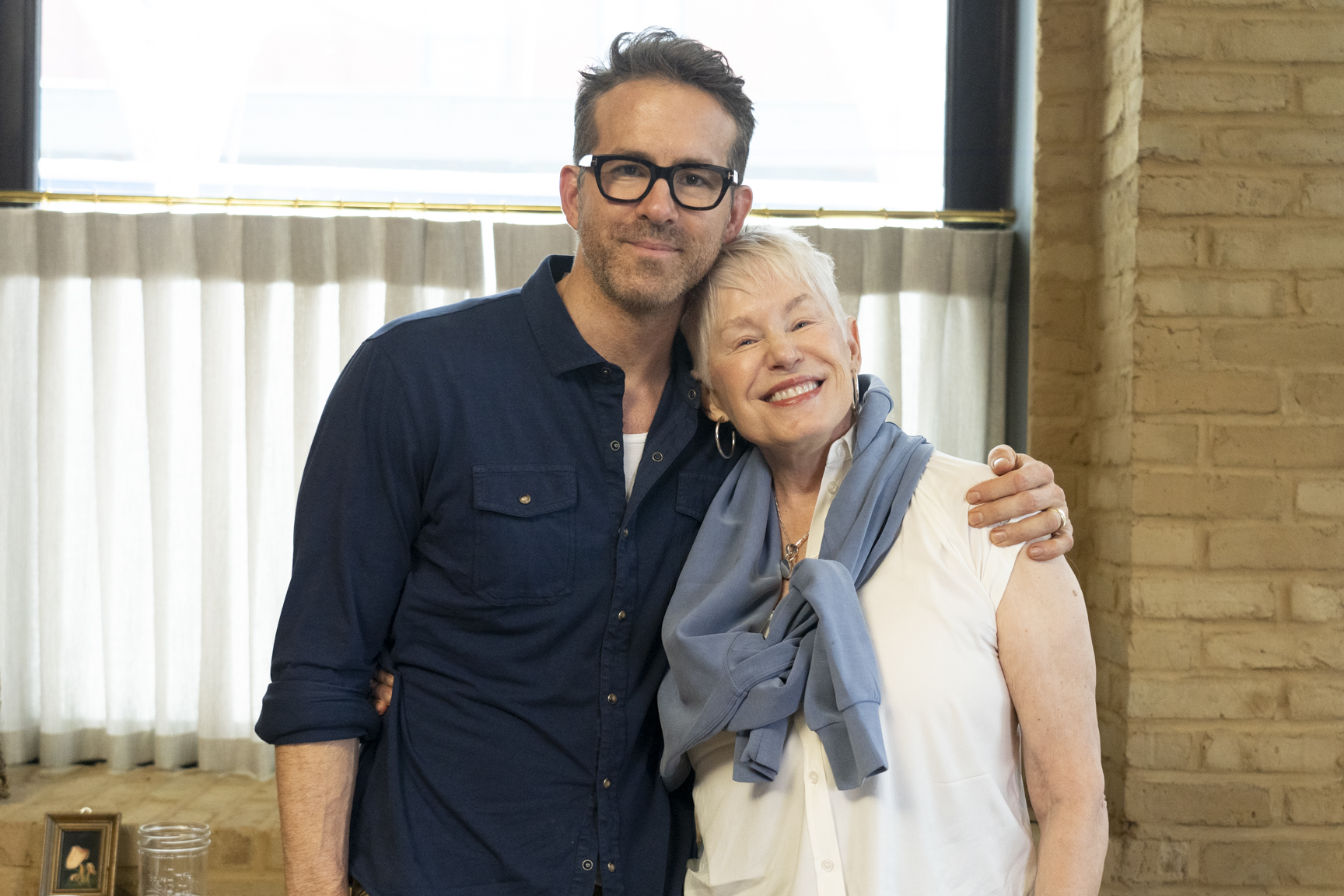
More to Parkinson’s wasn’t only about reach—it was about revelation.
A revelation from the untold side: the caregivers. Increasingly, that means adult children—sons and daughters stepping into roles they never expected. Especially in the case of Parkinson’s disease, where hallucinations and delusions can affect nearly half of people with the condition, yet remain shrouded in silence, stigma, and fear. Most families don’t even know these symptoms exist, let alone how to talk about them.
Our challenge: Start a difficult conversation in a way that felt honest, human, and hopeful.
Our insight: The problem wasn’t awareness of Parkinson’s itself—it was awareness of the unseen symptoms and their impact. We needed to reach the adult children of aging parents—a generation of people unaware these symptoms were part of the disease—who often didn’t know what to look for, let alone how to talk about it.
So, we took a different path. No polished endorsement. No pharma-typical PSA.
We partnered with actor and advocate Ryan Reynolds. Not just for his fame, but as a son who had lived it. One who had watched Parkinson’s distort the reality of someone he loved. A storyteller who knew how to deliver a message families would hear.
For the first time, Reynolds and his mother, Tammy, spoke publicly about the hallucinations and delusions that marked his father’s final chapter. Just two people pulling back the curtain on an experience too many face alone.
The result was cinematic in reach, intimate in tone – a campaign built on relatable vulnerability with an authentic, high-reach partner. And that vulnerability built trust—with people living with Parkinson’s, with caregivers, and with healthcare providers who had long struggled to discuss (or even recognize) these symptoms.
Through a talent search by the Amy Doner Group and extensive research, Ryan Reynolds emerged as the ideal advocate for the Acadia’s "More to Parkinson’s" campaign. His personal experience—caring for his father with PD—mirrored what many adult children face when their parents experience Parkinson’s-related hallucinations and delusions. With approximately one million Americans living with PD, often diagnosed when their children are in their 30s and 40s, Reynolds' story offered a culturally relevant and relatable narrative.
This wasn’t a celebrity cameo. It was a cultural interruption—one that cut through the noise with something pharma rarely dares: a deeply human moment that made people feel seen.
At the heart of the initiative is a 90-second hero film accompanied by six intimate videos featuring Reynolds and his mother, Tammy where they candidly discuss their experiences caring for Ryan’s father. These personal stories shed light on the emotional toll of Parkinson’s-related hallucinations and delusions, offering validation and support to other caregivers facing similar challenges.
We launched across Ryan’s own social channels, timed with cultural momentum around Deadpool. The juxtaposition of superhero spotlight vs. caregiver truth made the message impossible to ignore.
We earned an exclusive with People magazine, followed by widespread top-tier lifestyle coverage in USA Today, Good Housekeeping, Sunday Today—outlets that rarely cover Parkinson’s, but essential for reaching caregivers. The story extended across connected TV, digital and influencer content, a refreshed disease education website and helped steer HCP outreach. At every step, we reinforced a clear message: these symptoms are real, they can worsen over time, and it’s time to talk about them.
By strategically aligning with a cultural moment and harnessing Reynolds' personal connection to Parkinson’s, the "More to Parkinson’s" campaign effectively spotlighted the disease’s non-motor symptoms and inspired caregivers to recognize early signs of hallucinations and delusions and seek timely medical guidance—helping people living with Parkinson’s and their families navigate Parkinson’s with greater understanding and support.
But the real power wasn’t in what Ryan said—it was what others said next.
Community response demonstrated impact. People living with Parkinson’s, caregivers, and HCPs shared their own stories—validating the need and giving others permission to speak up. The ripple effect turned influence into action—sparking peer-to-peer conversations, early symptom recognition, and new dialogue in HCP settings. It activated a silent community and gave voice to what had long gone unspoken.
By strategically aligning with a cultural moment and harnessing Reynolds' personal connection to Parkinson’s, the "More to Parkinson’s" campaign effectively spotlighted the disease’s non-motor symptoms and inspired caregivers to recognize early signs of hallucinations and delusions and seek timely medical guidance—helping people living with Parkinson’s and their families navigate Parkinson’s with greater understanding and support.
By rooting the campaign in purpose, we didn’t just raise awareness. We broke the silence.
What began as an emotionally raw People cover story became a breakthrough: the first campaign to spotlight Parkinson’s-related hallucinations and delusions through the eyes of caregivers. The result was not just attention—but action.
Earned Reach + Strategic Amplification
Measurable Shifts in Awareness + Behavior
Bottom Line: Proof of Impact
More to Parkinson’s delivered outsized returns, exceeding expectations across earned impact, digital behavior, and public health resonance.
From a celebrity-led revelation to a community-led dialogue, the campaign proved that in healthcare PR, the most powerful coverage doesn’t shout. It gives people something to say—and the courage to say it.
